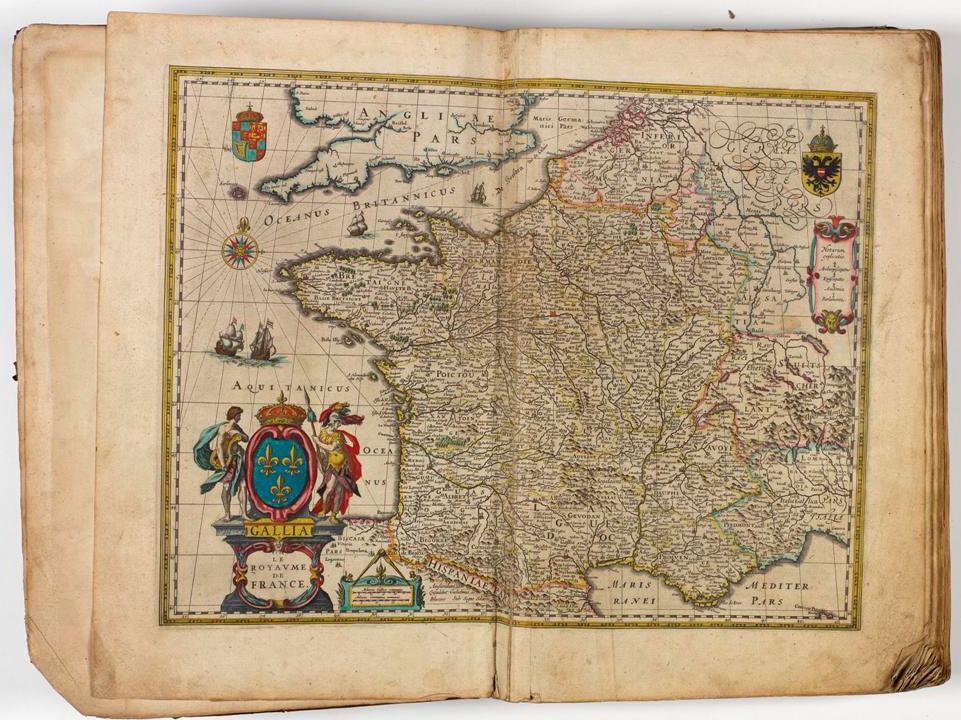Mark McKillion, Ulster University MA History graduate and volunteer for the Library in 2022, carried out research on Thomas Hobbes’ Leviathan, or The matter, forme, & power of a common-wealth ecclesiasticall and civill … (1651) (object ID P001472239).
You can adopt this work for £500, and support the work of the Library, caring for our wonderful collections, and inspiring present and future generations!
The Leviathan encompasses Thomas Hobbes’ idiosyncratic approach to discussing philosophy through the development of the social contract theory, which focuses on scrutinising the authority of the state over individual civilians. Some scholars, such as Teresa M. Bejan, have noted that Hobbes’ theory can also be applied to other sectors such as education, as she suggests that he had ideally hoped for the English monarchy to permit the public teachings of his writings, so that he could successfully “convert this truth of speculation into the utility of practice.”
Furthermore, Hobbes remained confident in the face of his critics by arguing that his proposed ideals for reforms would have been particularly beneficial to English society in the aftermath of their recent civil wars and other conflicts, stating that his primary motivation for writing the Leviathan “was the consideration of what the ministers … by their preaching and writing did contribute thereunto;” namely, the potential for false doctrines to be distributed by academia and other institutes to deceive and manipulate the English population.[1]
Indeed, Dana Chabot corroborates this theory by stating that Hobbes was worried about the deterioration of what he would have deemed ‘moral speech’ in the years following a prolonged period of conflict. He was particularly concerned with the behaviour of various Presbyterian ministers prior to the English Civil War, as he states that “no tragedian in the world could have acted the part of a right godly man better than these did; insomuch as a man unacquainted with such art, could never suspect any ambitious plot in them to raise sedition against the state … or doubt that [this] could arise from anything else but zeal to the service of God.”
Therefore, Chabot theorises that Hobbes would have wanted to carefully monitor the development of Christianity in England in order to help his readers to overcome their reliance on “the entire mental outlooks” imposed on them by religious authorities:[2] similarly, Arash Abizadeh refers to what Hobbes assumed was the primary factor behind wars, ‘glory and disagreements,’ as he suggests that an inherent desire for personal glory would be able to place entire populations at the mercy of “monarchs, as affect war for itself, … out of ambition, or of vain-glory, [to take revenge for] every little injury, or disgrace done by their neighbours.”[3]




